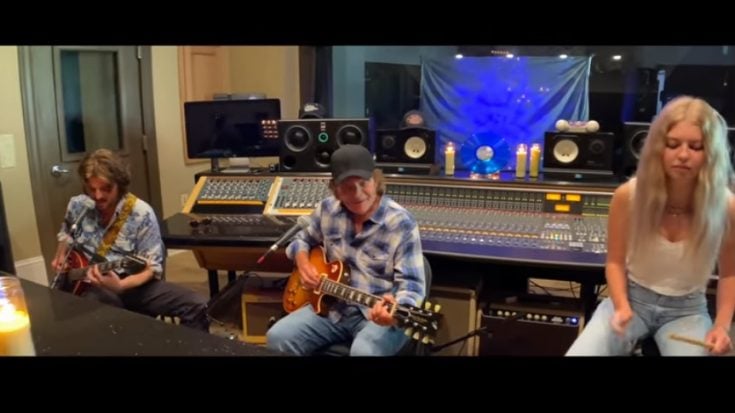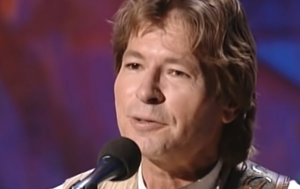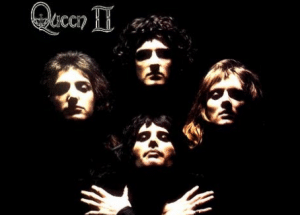The Greaterst Compositions Of John Fogerty

Fogerty's Factory performs Blue Boy - John Fogerty / Youtube
It may be said that John Fogerty is one of the all-time great rock and roll performers. Fogerty’s voice may be heard in some of the greatest works of rock music, both in his work as the lead singer and key composer for Creedence Clearwater Revival (CCR) and in his solo career. However, being the engine in CCR’s career who drove the band to success, Fogerty, unfortunately, had a hard time defending his honor in preserving his legacy in the songs he created during CCR days; it was a dreadful time full of lawsuits, and conflicts from the people he once shared his time with. Lucky for him, he gained his footing back and wrote some of the greatest compositions as a soloist. Below are the 10 greatest compositions of John Fogerty.
“Hearts of Stone” – The Blue Ridge Rangers (1973)
The Fontane Sisters and the Charms were the first to enjoy success with “Hearts of Stone,” but John Fogerty’s vocals have elevated the song to an entirely new level. With this cover of an R&B song, which is barely over two minutes long, it is plenty for Fogerty to demonstrate his timeless voice and musicianship.
“The Old Man Down the Road” – Centerfield (1985)
“The Old Man Down the Road,” one of Fogerty’s most popular solo songs, showcases his perseverance as a talented songwriter. In 1985, the song was Fogerty’s sole solo single to crack the top 10 on the Billboard Hot 100, making it a landmark in his own career.
“Rock and Roll Girls” – Centerfield (1985)
Fogerty claims that he got the idea for “Rock and Roll Girls” from observing his teenage daughter and her friends. The lyrics are just as lively and thought-provoking as the rest of Fogerty’s back catalog.
“Centerfield” – Centerfield (1985)
Almost everyone knows the tune “Centerfield” as soon as they hear it, as it is a classic. The title track from Fogerty’s album from 1985 welcomes you with an inviting guitar beat that is accentuated by a warm organ.
“Change in the Weather” – Eye of the Zombie (1986)
In “Change in the Weather,” Fogerty paints a bleak picture of a populace gripped by terror as he forewarns of a storm that would destroy all in its course.
“Walking in a Hurricane” – Blue Moon Swamp (1997)
This song starts with a stormy guitar and drum sound that quickly draws the listener in. In this song, the hurricane’s eye is a metaphor for the pain the singer is willing to go through to get his loved one back.
“Southern Streamline” – Blue Moon Swamp (1997)
According to Fogerty, his love of “Southern Streamline” came from the train music he listened to as a kid. The song, which drew from his background in rock and added a touch of twang, became a hit on the country charts.
“Joy of My Life” – Blue Moon Swamp (1997)
About 40 years into his career, Fogerty finally published his first love song, “Joy of My Life,” in 1997. His first attempt at a love ballad, composed for his wife Julie, turned out to be one of his finest works.
“In the Garden” – Deja Vu All Over Again (2005)
In the last tune on his album, Deja Vu All Over Again, “In the Garden” takes it to a rousing climax that extends Fogerty’s legacy. Fogerty’s strong vocal, backed by a terrific guitar and drum solo, is the perfect combination for this song.
“Weeping in the Promised Land” – Freedom (2021)
Fogerty softens his usual hard rock sound melodically, but the song’s words are just as impactful as ever. Using just a piano and his vocals, Fogerty raises attention to world concerns including toxic water and gun violence.





















